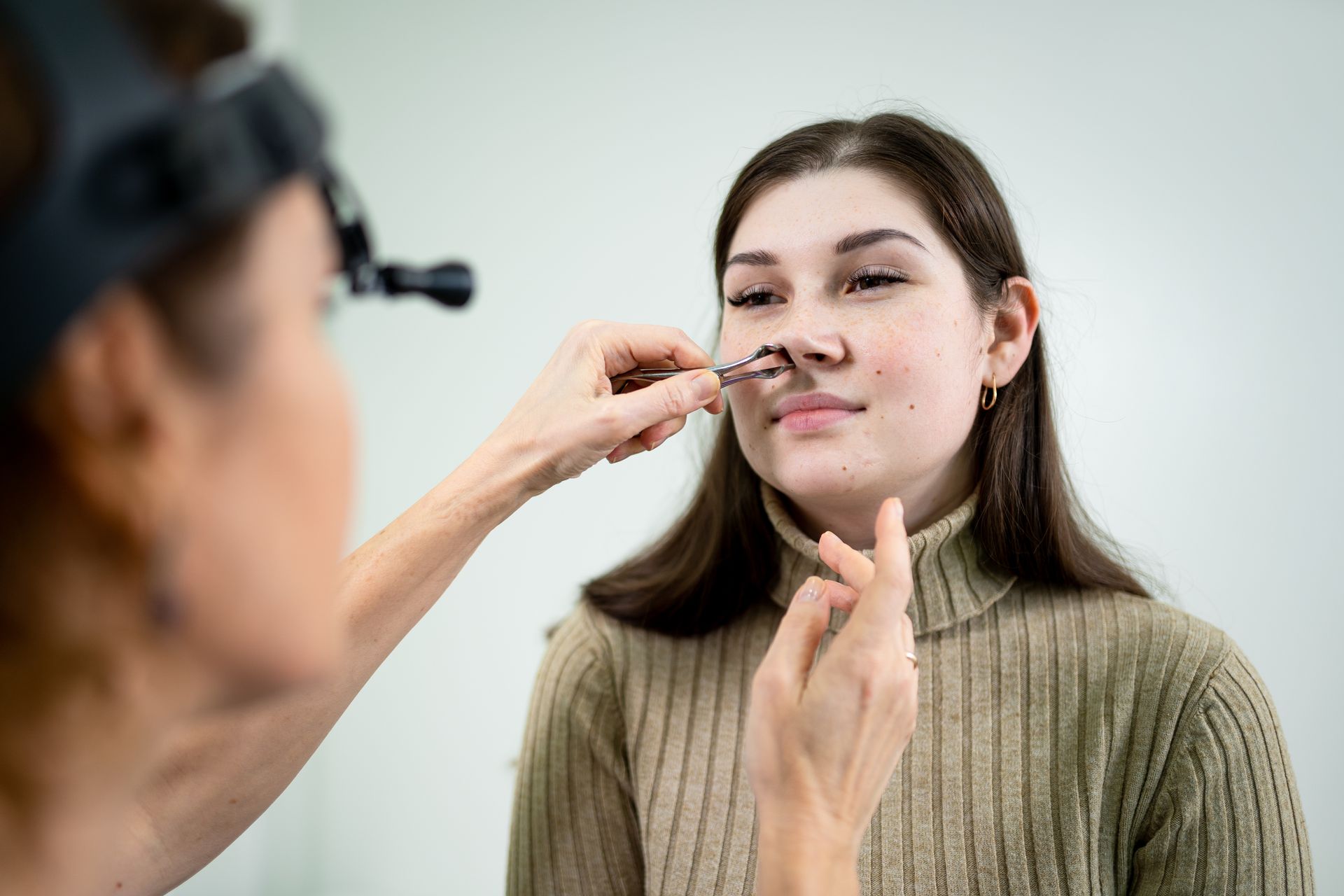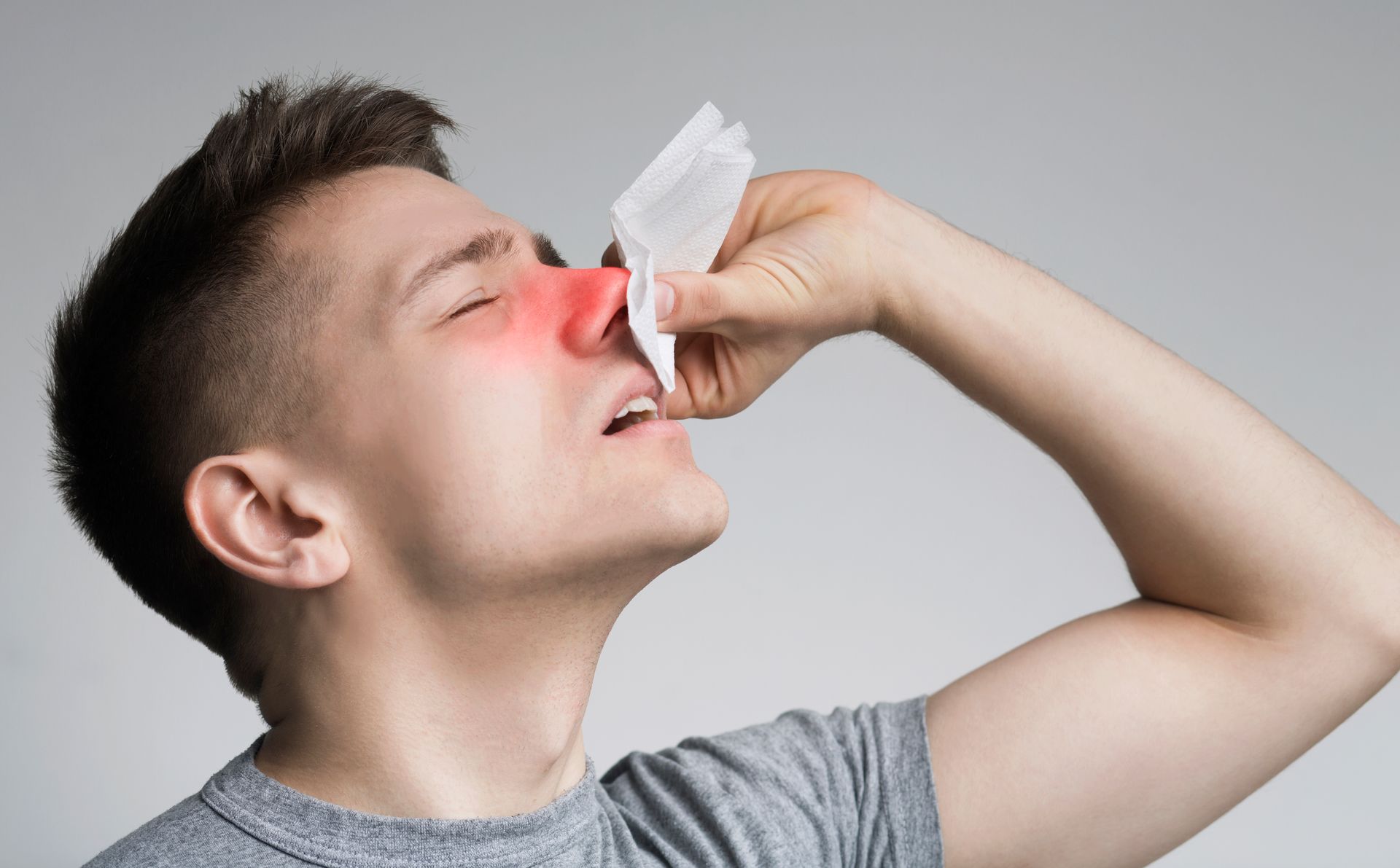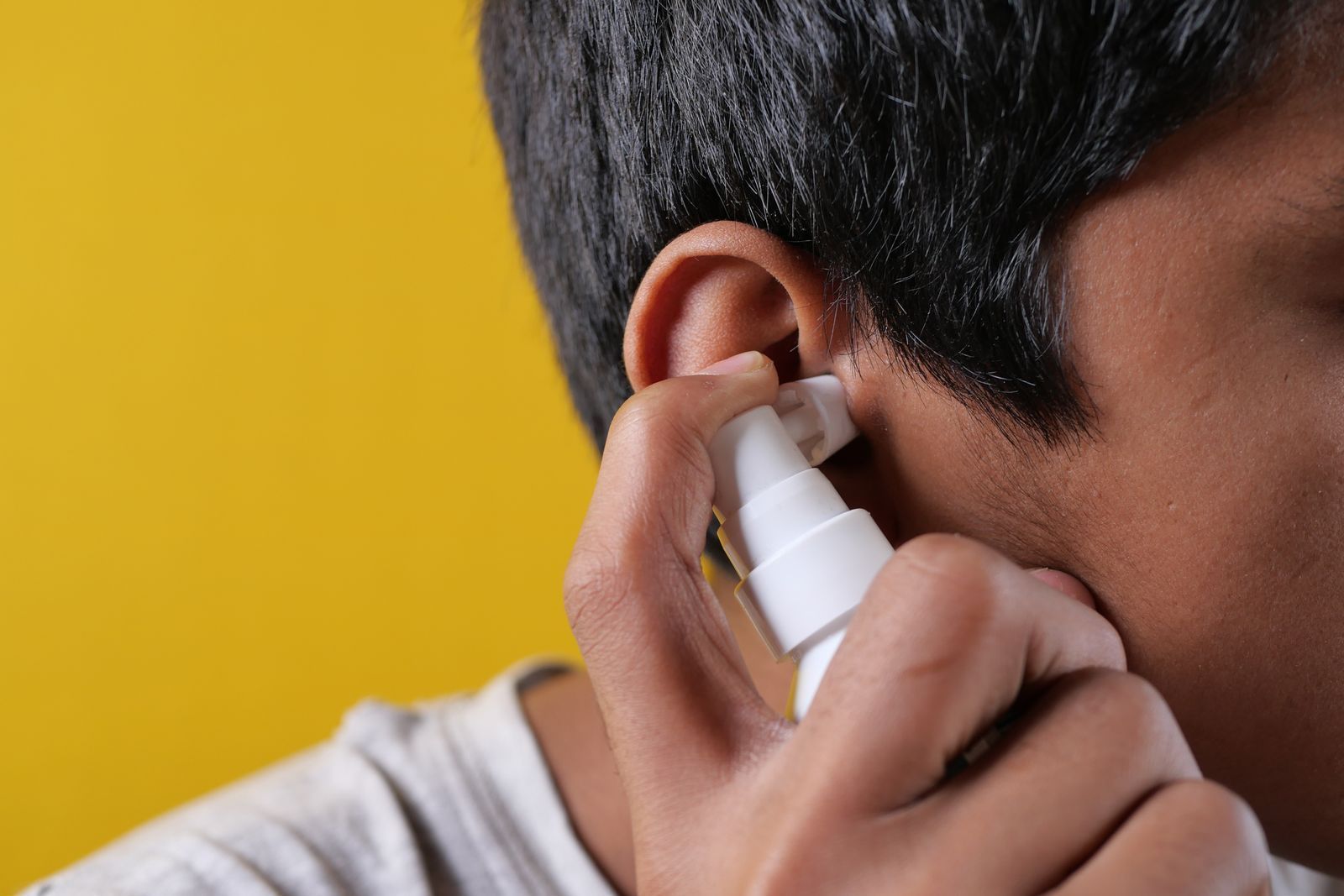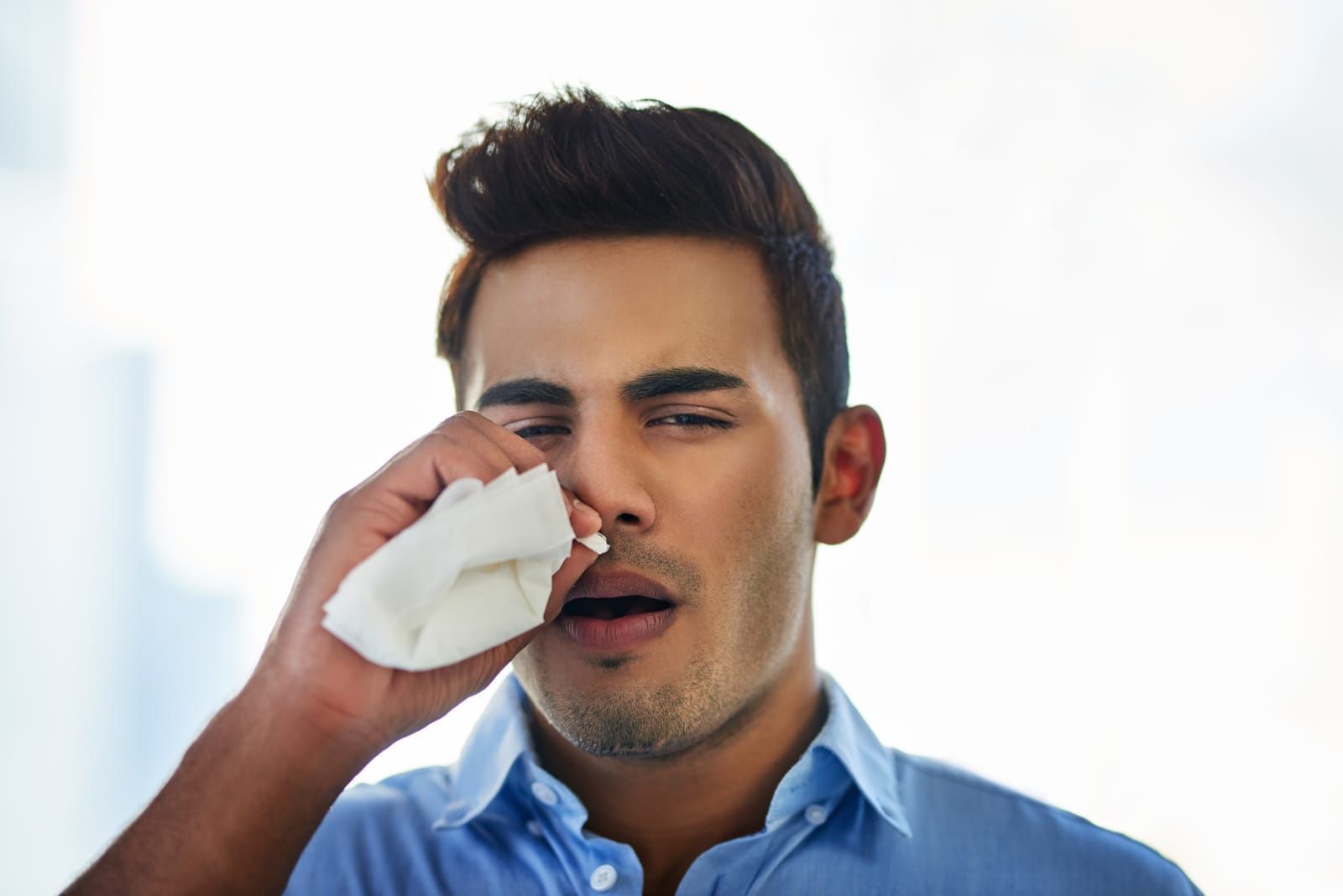Tips for Avoiding Sinus Pain
Are you suffering from sinus pain and looking for relief? If so, this blog post is for you! Here, we’ll discuss the do’s and don’ts when it comes to dealing with sinus pain. We’ll cover everything from home remedies to medical treatments so that you can find the best way to manage your sinus discomfort.
What Is Sinus Pain?
Sinus pain is a common symptom of sinusitis, a condition where the nasal cavities become inflamed and blocked with mucus. Sinus pain can be dull and achy, or it can be sharp and stabbing. It often affects the face, but it can also be felt in the neck and upper chest. People with sinus pain may also experience other symptoms such as headaches, facial pressure, fatigue, and a stuffy or runny nose. In some cases, sinus pain can be accompanied by fever, bad breath, and toothache.
Common Causes of Sinus Pain
Sinus pain can be caused by an infection of the sinuses, usually from a virus, bacteria, or fungus. It can also be caused by allergies, air pollution, smoking, or even changes in altitude. It is commonly associated with facial pressure, nasal congestion, and a feeling of fullness in the face. Other causes of sinus pain, however, are not related to the paranasal sinus cavities, including migraines, tension headaches, and temporomandibular dysfunction.
When to See a Doctor for Sinus Pain
If you’re experiencing symptoms of sinus pain for longer than a week, it’s important to see a doctor. Your doctor may be able to diagnose the cause of your sinus pain and recommend the best treatment plan for you. Depending on the cause, your doctor may prescribe antibiotics or other medications to help reduce swelling and relieve pain. If your sinus pain is caused by a virus, antibiotics will not help and your doctor may suggest over-the-counter medications or home remedies to help relieve your symptoms. If you have symptoms that persistent, especially longer than 3 months, you may need to see and otolaryngologist (ENT), who specializes in conditions of the nose and sinuses.
Tips to Prevent Sinus Pain
One way of prevent sinus pain is to take proactive steps to reduce your risk of developing any sinus infections in the first place. You should also avoid any triggers you may have that cause sinus pain.
Here are some tips to prevent sinus pain:
- Stay away from people who have colds and other illnesses that may be contagious.
- Wash your hands often with soap and water, especially after coughing and sneezing.
- Avoid touching your eyes, nose, and mouth with unwashed hands.
- Clean and change your humidifier or vaporizer often.
- Get plenty of rest and drink plenty of fluids.
- Avoid activities that can make your symptoms worse, such as swimming in cold water.
- Use a humidifier or vaporizer in the bedroom to keep the air moist.
- Avoid smoking and other forms of tobacco use.
- If you have allergies, take allergen-specific medications as prescribed by your doctor.
- If you do get a sinus infection, make sure to take the antibiotics prescribed by your doctor as directed. Not completing your treatment can lead to antibiotic resistance and more severe infections.
What to Avoid When Dealing with Sinus Pain
When dealing with sinus pain, it is important to know what to avoid. Self-medicating with antibiotics is not recommended, as it may do more harm than good. Antibiotics are only effective against bacterial infections and cannot help with viral infections. In some cases, antibiotics can even make the symptoms of a sinus infection worse. If your doctor has prescribed antibiotics, it is important to take them as directed and not skip doses. Additionally, it is best to avoid prolonged use of over-the-counter decongestants sprays, as these can lead to rebound congestion and make your symptoms worse.
Final Words
Sinus pain can be an uncomfortable experience, and handling it can be difficult. Fortunately, there are steps you can take to help prevent and manage your sinus pain. It is important to drink lots of fluids, stay away from allergens and irritants, use a humidifier, and take over-the-counter medications if needed. When your sinus pain is more severe or does not improve with home remedies, it is important to see your doctor to determine the cause and get the appropriate treatment. Antibiotics may be prescribed if your doctor determines that your sinus pain is caused by a bacterial infection. Taking steps to prevent and manage sinus pain will help ensure that you stay healthy and comfortable.
Sinus pain can be avoided. However, if you are suffering from sinus pain, our team of specialists at Kentuckiana ENT, a division of ENT Care Centers are here to help. Book an appointment with us, contact us online, or call us at 502-894-8441 today if you have any questions.













